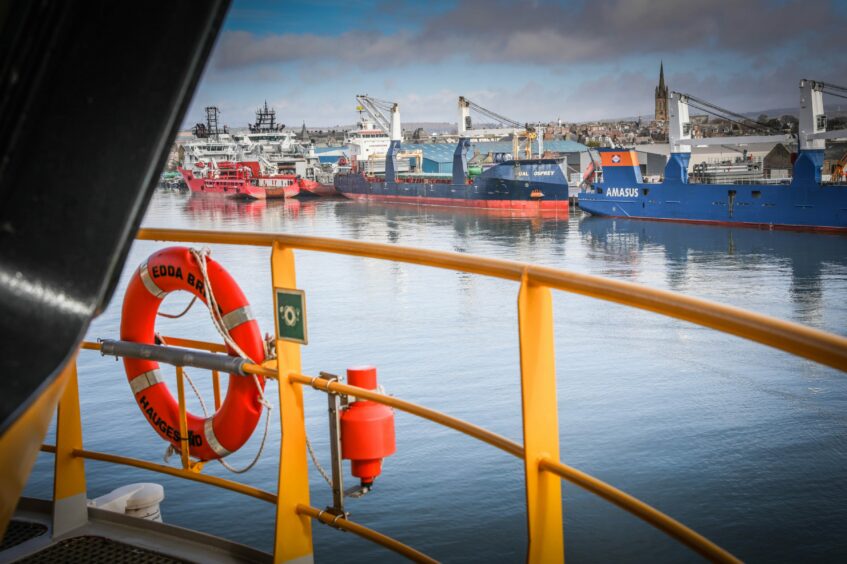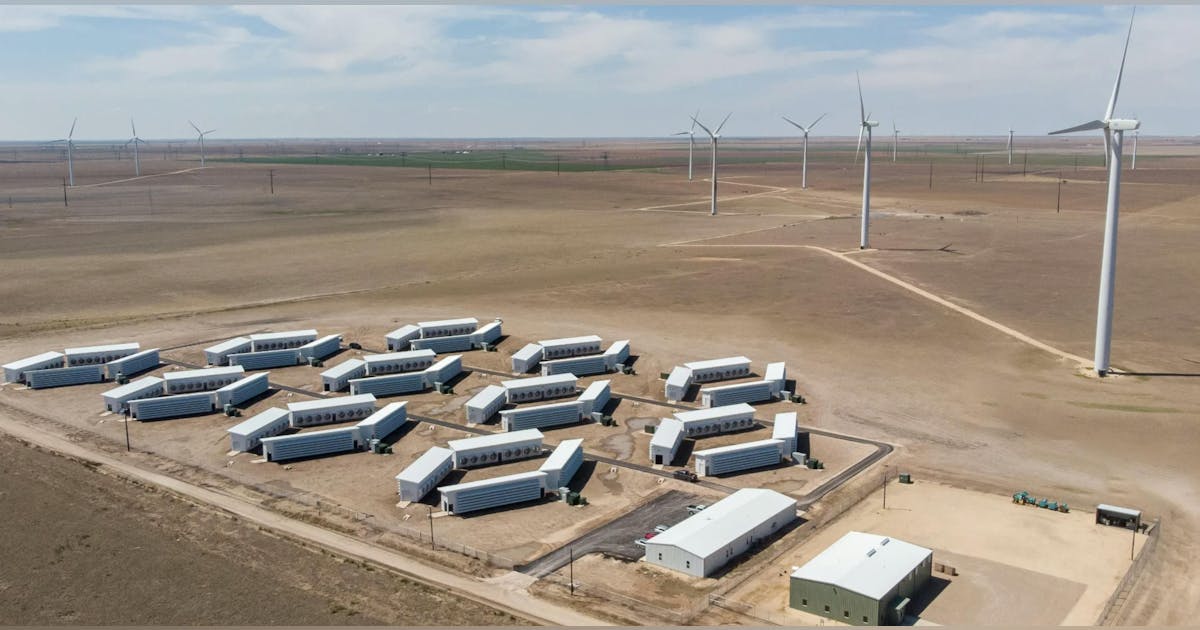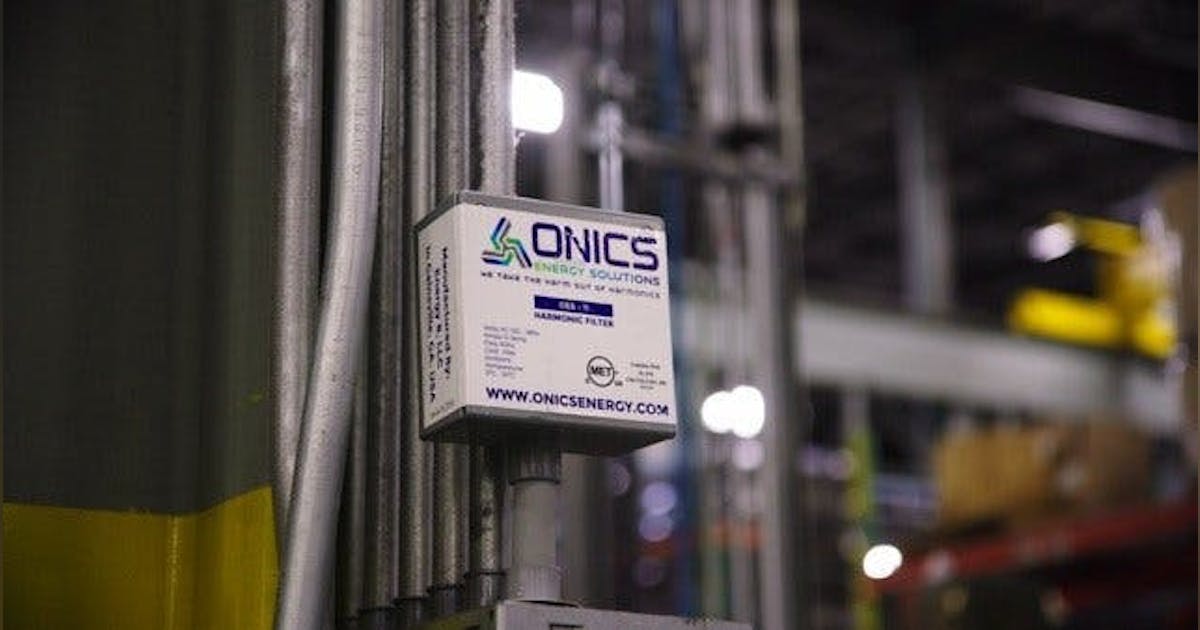Industrial bodies in the Humber are calling on the UK government to back Harbour Energy’s proposed Viking carbon capture and storage (CCS) project in the region.
The backing comes after the UK government reached financial agreements with offshore CCS projects in Liverpool Bay and Teesside in recent months.
Harbour Energy’s Viking CCS project was shortlisted for Track-2 status by the previous Conservative government in 2023 alongside the Acorn Project in Scotland.
Since taking office last year, Labour has committed £22 billion in funding for the HyNet North West and East Coast Cluster Track-1 CCS projects.
But the UK CCS sector has been calling on the government to “urgently” provide funding certainty for Viking and Acorn so they can move ahead.
Humber industry backs Viking CCS
In a joint statement, a group of Humber and UK trade bodies called on Labour to provide firm backing for Viking.
The group includes the Northern Powerhouse Partnership, Hull and Humber Chamber of Commerce, Humber Energy Board and the Carbon Capture and Storage Association (CCSA).
The trade bodies also backed Immingham gas plant operator VPI’s ambition to be the anchor emitter for Viking.
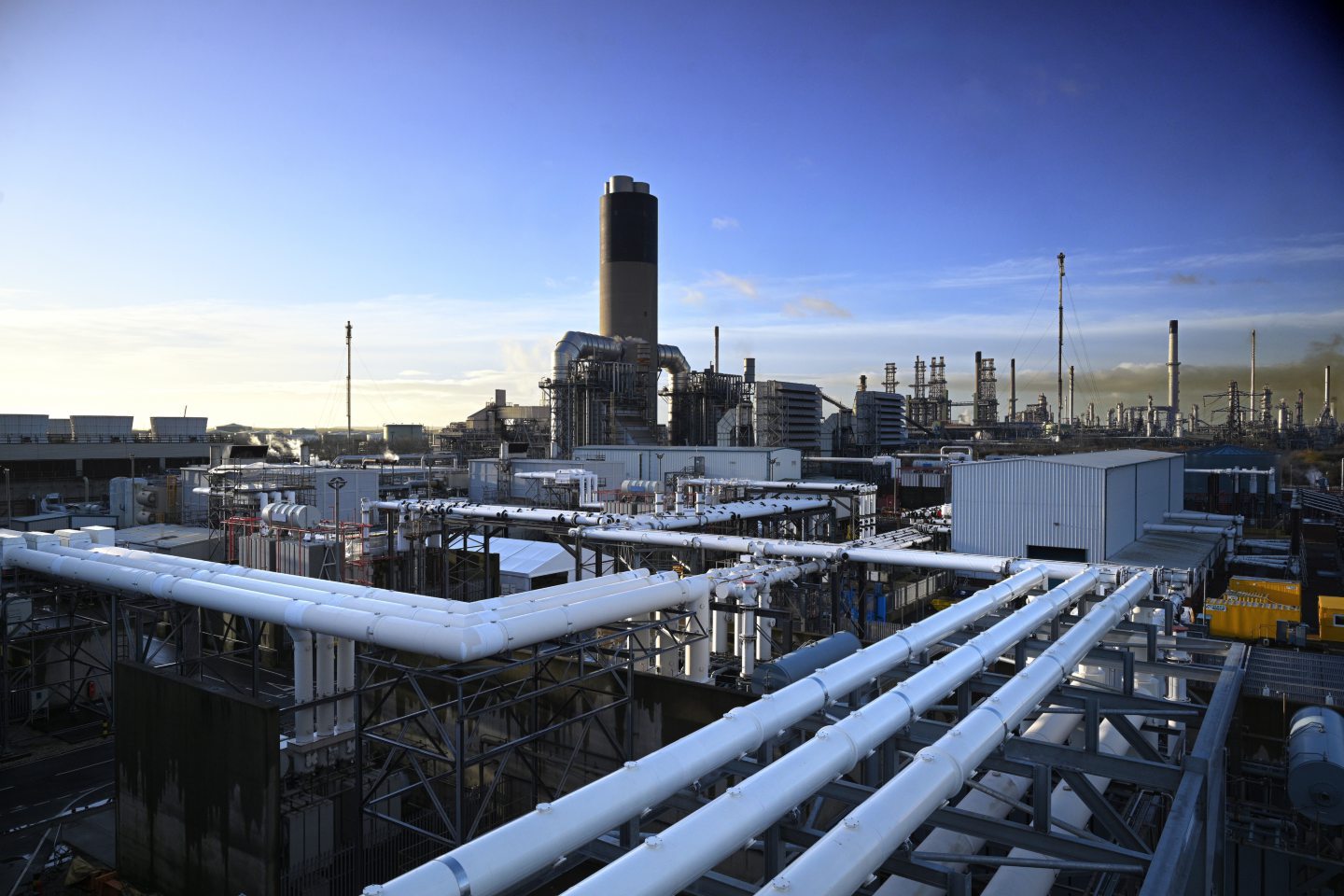 © Supplied by VPI
© Supplied by VPIVPI is planning to invest £1.5 billion in a carbon capture facility at its Immingham plant, before using Harbour’s Viking project to transport and store CO2 emissions under the North Sea.
The firm estimates the Immingham carbon capture project could create 1,500 jobs at peak construction, alongside a further 20,000 jobs for the wider Viking plans.
Establishing Viking could also create a “huge” CO2 import opportunity for the UK, the trade bodies said.
Viking will ‘secure the future’ of Humber industry
Humber Energy Board executive director Jonathan Oxley said Viking CCS is a “key component” of efforts to decarbonise and secure the future of local industries.
“It represents one of the best options to deliver industry decarbonisation in the UK, let alone the Humber,” he said.
“We urge the UK Government to provide clear signals of support and commitment that will allow businesses to invest to rejuvenate Humber industry, provide high-quality jobs across the wider region, and help the UK meet its net zero targets.”
CCSA chief executive Olivia Powis said Viking and Acorn both need to receive “clear and timely signals from government”.
“The window of opportunity is narrow: if we fail to scale up CCUS now, we risk facing further industrial closures, job losses, and seeing investors and developers move elsewhere,” Powis said.
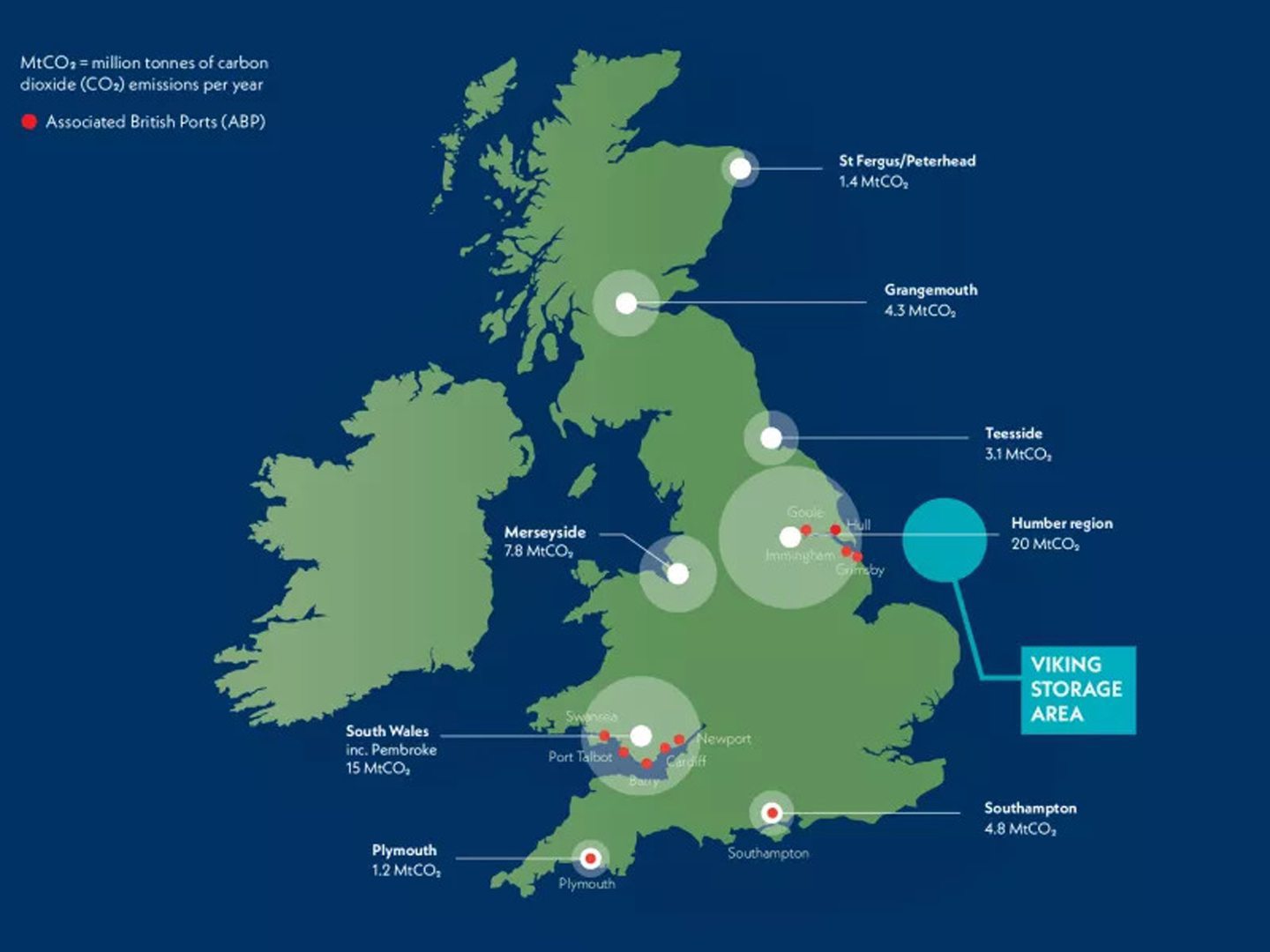 © Supplied by Viking CCS
© Supplied by Viking CCSNorthern Powerhouse Partnership chief executive Henri Murison said the Humber has the potential to be the UK’s “engine room for industrial decarbonisation”.
“But only if this government acts rather than dithers as the previous one did,” he said.
“Businesses are ready to invest, but they need clarity and confidence that the necessary infrastructure will be backed.”
Humber industrial decarbonisation
Murison pointed to Cambridge Economics research, which showed private investors can provide £8 of every £10 required for industrial decarbonisation in the north of England.
“Projects like Viking CCS are not just vital for hitting Net Zero – they are critical to creating good jobs, securing energy resilience, and underpinning the production of products like sustainable aviation fuel,” he said.
“With the right support, we can turn the Humber into a globally recognised example of clean industrial strategy.”
Hull and Humber Chamber of Commerce external affairs director David Hooper said the “green light from government will unlock massive investment and create thousands of jobs”.
“Private investment awaiting the right signals from Westminster is measured in the billions, and we need to make sure we land it, not just for the Humber’s future, but for UK Plc as a whole,” Hooper said.
Energy Voice has contacted the Department for Energy Security and Net Zero for comment.





